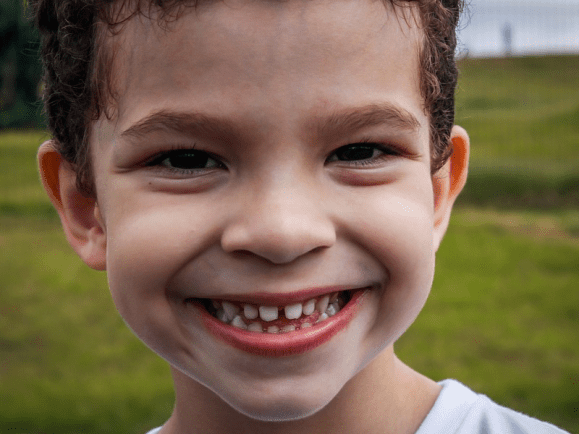
Everyone needs to know how to stay clean to avoid sickly germs and other health problems. Children, though, are known for being Petri dishes. They like to swipe their hands on every surface, cough without covering their mouth, and fight having to brush their teeth. Though as a parent you might get defeated, it is important to remind and teach your children these important hygiene skills gently. Having an open, honest conversation with your kids about hygiene skills is going to only get more and more critical as they reach puberty. Good hygiene can even boost a child's self-esteem by keeping hair clean and banishing body odor. Here are some valuable lessons you cannot skip over.
Hand Hygiene
Children need to learn that washing hands frequently will keep them from getting all kinds of illnesses, like the cold and flu. Teach your kids step-by-step the proper way to wash their hands. Make sure they get soap to foam and lather, clean in between their fingers and under their fingernails, and keep scrubbing with warm water for at least 20 seconds. Teach them a fun song to sing while they do it to encourage their behavior. Get your child in the habit of washing hands after every bathroom use, playing outside, touching an animal, sneezing, or coughing, before they are about to eat or after, and when they come home from school.
Oral Hygiene
Without proper care, children's teeth can quickly form cavities, oral diseases, and everyday bad breath. Baby teeth fall out eventually, but it is essential to set your child up with good habits early for their adult teeth. Additionally, baby teeth care is important so your child can chew food correctly. They also help with speech development. There is a right way to brush your teeth. If you are worried you are not doing so effectively, your child's dentist can help show you proper techniques.
Children should brush their teeth two times a day, and make sure to use a child's toothbrush that is gentler on developing gums. Keep the brush at a 45-degree angle to the gums and move the brush back and forth gently. Hold the brush vertically and horizontally around the teeth to ensure you get all the surfaces. Additionally, brush the tongue to rid it of bacteria. Flossing is also important to get out hard-to-reach bacteria in between teeth. Floss your child's teeth until they are a bit older and can handle the responsibility themselves
Bathing Hygiene
Some kids love bath time, while others absolutely hate it. Bathing is essential though to keep children's skin and hair clear of dirt, grime, and germs. Children should bathe regularly, and ensure they are using soap each time. Keep an eye out that your child takes extra care when washing their face and other delicate areas. As they transition from you cleaning them to cleaning themselves, make sure they know to get all the nooks and crannies of their bodies, like the armpits and feet.
Haircare is also necessary to avoid issues such as dandruff, lice, grease, and infections of the scalp. Your child should have their hair washed at least two times a week and supervise them while they learn how to use shampoo on their own. Additionally, teach your child to avoid sharing their comb, pillow, and hats with other kids as that can spread lice.
Teaching Hygiene
When working with your kids on these hygiene tips, it is important to speak in a kind tone and educate rather than scold. By yelling at your child, it will only worsen the situation. Be patient as it can be hard for some kids to learn new things. Additionally, do not compare your child to other kids or your other children. It will leave your child feeling inadequate and ashamed of their behavior. Lastly, do not punish your child for bad hygiene. Your child will appreciate it if you instead take the time to explain to them why certain hygiene behaviors are important. If they still do not understand or are too young too, seek out alternatives to punishment for correcting their behavior. For example, consider positive reinforcement by giving them a gold star for each day they brush their teeth. At the end of the month, they then can earn a prize.
Children also look up to us as parents. We must practice what we preach when it comes to hygiene. If your child sees you not washing your hands after using a public restroom, why should they? Children will pick up your hygiene habits simply by watching you. Additionally, praise and encourage them when they do follow suit and take personal hygiene into their own hands. A simple "great job" can go far in encouraging them to continue the behavior.
There are a lot of other important hygiene behaviors you must teach your children but start with the basics so they have a solid foundation. Continue to encourage your child to stay healthy with basic hygiene practices. Your encouragement and education will help them develop skills they will take into adulthood.

